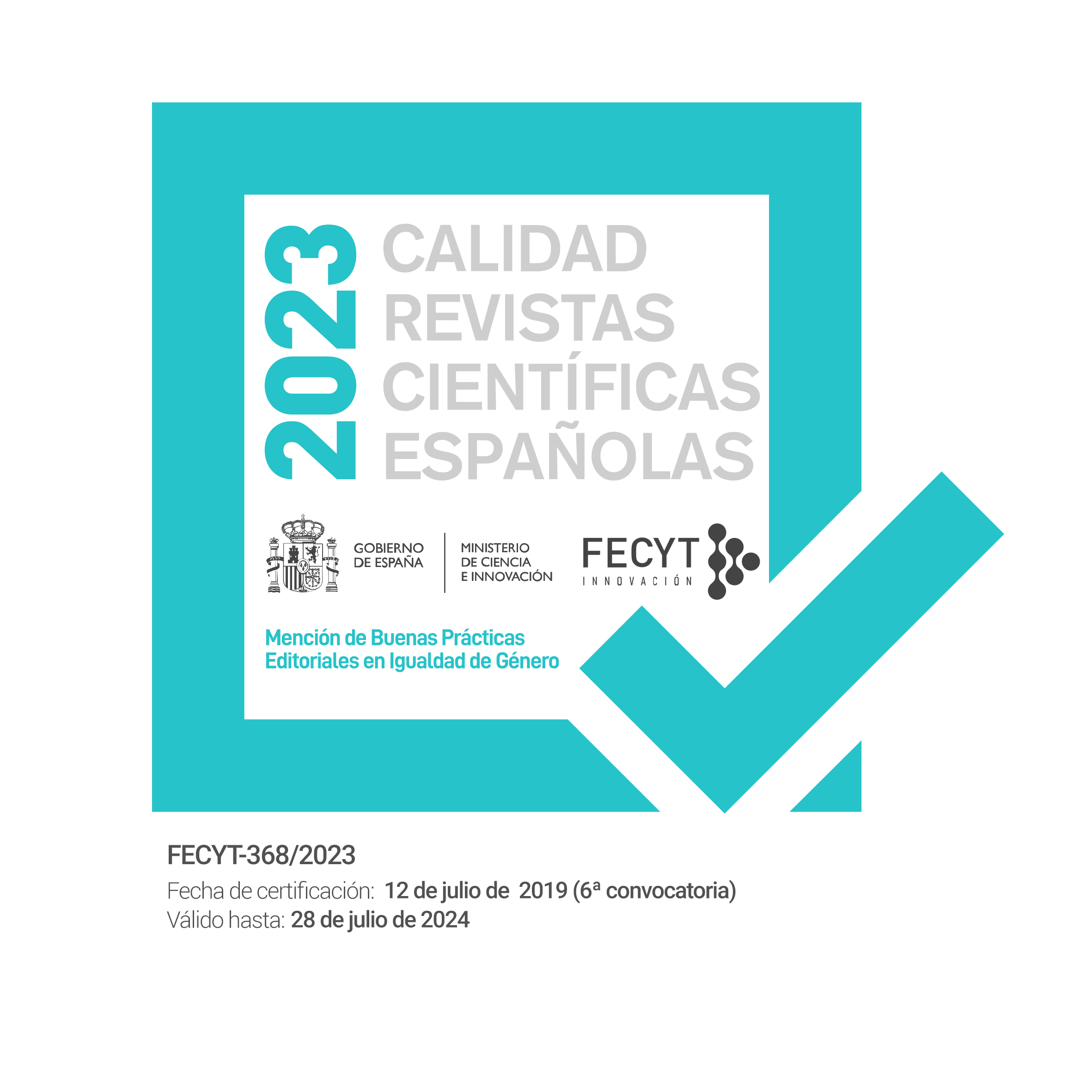A constructional approach to condolences
DOI:
https://doi.org/10.18172/jes.178Keywords:
Illocutionary meaning, cognition, conceptual metonymy, conventionalization, idiomatic construction, condolingAbstract
Drawing on preliminary insights in Pérez (2001), Pérez and Ruiz de Mendoza (2002), and Ruiz de Mendoza and Baicchi (2007), the present contribution presents a constructional approach to the study of illocutionary meaning. In so doing, I analyze the speech act category of condoling in order to establish the relationship between its semantic makeup and the linguistic realization procedures provided for its realization. From this perspective, illocutionary constructions are defined as pairings of the semantic conditions of the conceptual representation of a speech act category and those mechanisms which activate them linguistically. The results of the analysis allow for different degrees of implicitness in the production and understanding of illocutionary meaning, as well as for the existence of conventionalized expressions associated to the realization of speech acts.Downloads
References
Austin, J.L. 1962. How to Do Things with Words. Oxford: Oxford University Press.
Bach, K. and R.M. Harnish. 1979. Linguistic Communication and Speech Acts. Cambridge: MIT Press.
Baicchi, A. and F.J. Ruiz de Mendoza. 2011. “The cognitive grounding of illocutionary constructions within the theoretical perspective of the Lexical-Constructional Model”. Textus. English Studies in Italy 23 (3): 543-563.
Dik, S.C. 1989. The Theory of Functional Grammar. The Structure of the Clause. Berlin: Mouton de Gruyter.
Dik, S.C. 1997. The Theory of Functional Grammar. Complex and Derived Constructions. Berlin: Mouton de Gruyter.
Givón, T. 1990. Syntax: A Functional Typological Introduction. Amsterdam/Philadelphia: John Benjamins.
Halliday, M.A.K., and C.M.I.M. Matthiessen. 2004. An Introduction to Functional Grammar. 3rd edition. London: Hodder Arnold.
Langacker, R.W. 1999. Grammar and Conceptualization. Berlin: Mouton de Gruyter.
Leech, G. 1983. Principles of Pragmatics. London: Longman.
Levinson, S.C. 2000. Presumptive Meanings. The Theory of Generalized Conversational Implicature. Cambridge: MIT Press.
Mairal Usón, R. and F.J. Ruiz de Mendoza. 2008. “New challenges for lexical representation within the Lexical-Constructional Model”. Revista Canaria de Estudios Ingleses 57: 137-158.
Mairal Usón, R. and F.J. Ruiz de Mendoza. 2009. “Levels of description and explanation in meaning construction”. Deconstructing constructions. Eds. C.S. Butler and J.M. Arista. Amsterdam/Philadelphia: John Benjamins, 153-198.
Morgan, J. 1978. “Two types of convention in indirect speech acts”. Syntax and Semantics 9: Pragmatics. Ed. P. Cole. New York: Academic Press. 261-280.
Norrick, N.R. 1978. “Expressive illocutionary acts”. Journal of Pragmatics 2: 277-291.
Panther, K.-U. and L. Thornburg. 1998. “A cognitive approach to inferencing in conversation”. Journal of Pragmatics 30: 755-769.
Panther, K.-U. and L. Thornburg. 1999. “The potentiality for actuality metonymy in English and Hungarian”. Metoynymy in Language and Thought. Eds., K.-U. Panther and G. Radden. Amsterdam: John Benjamins. 333-357.
Panther, K.-U. and L. Thornburg. 2004. “The role of conceptual metonymy in meaning construction”. Metaphorik.de 6: 91-111.
Pérez, L. 2001. Illocution and Cognition: A Constructional Approach. Logroño: University of La Rioja.
Pérez, L. and F.J. Ruiz de Mendoza. 2002. “Grounding, semantic motivation, and conceptual interaction in indirect directive speech acts”. Journal of Pragmatics 34 (3): 259-284.
Pérez, L. and F.J. Ruiz de Mendoza. 2011. “A Lexical Constructional Model account of illocution”. VIAL 8: 99-139.
Ruiz de Mendoza, F.J. 1999. “La ilocución y la gramática”. Nuevas perspectivas en Gramática Funcional. Eds. C. Butler, R. Mairal, J. Martín and F.J. Ruiz de Mendoza. Barcelona: Ariel. 99-171.
Ruiz de Mendoza, F.J. and A. Baicchi. 2007. “Illocutionary constructions: Cognitive motivation and linguistic realization”. Explorations in Pragmatics: Linguistic, Cognitive, and Intercultural Aspects. Eds. I. Kecskes and L. Horn. Berlin/New York: Mouton de Gruyter. 95-128.
Ruiz de Mendoza, F.J. and F. Gonzálvez-García. 2011. “Illocutionary meaning revisited: Subjective-transitive constructions in the Lexical-Constructional Model”. Turning Points in the Philosophy of Language and Linguistics. Ed. P. Stalmaszczyk. Frankfurt/Main: Peter Lang. 65-77.
Sadock J. and A. Zwicky. 1985. “Speech act distinctions in Syntax”. Language typology and syntactic description. Ed. T. Shopen. Cambridge: Cambridge University Press. 155-196.
Searle, J.R. 1969. Speech Acts: An Essay in the Philosophy of Language. Cambridge: Cambridge University Press.
Sperber, D. and D. Wilson. 1995. Relevance: Communication and Cognition. 2nd ed. Oxford: Basil Blackwell.
Thornbug, L. and K.-U. Panther. 1997. “Speech act metonymies”. Discourse and Perspective in Cognitive Linguistics. Eds. W.R.G. Liebert and L. Waugh. Amsterdam/Philadelphia: John Benjamins. 205-219.
Wierzbicka, A. 1987. English Speech Act Verbs: A Semantic Dictionary. New York: Academic Press.
Downloads
Published
How to Cite
Issue
Section
License
The authors retain copyright of articles and authorize Journal of English Studies the first publication. They are free to share, redistribute, and/or reprint the article without obtaining permission from the publisher as long as they give appropriate credit to the editor and the journal.
Self-archiving is allowed too. In fact, it is recommendable to deposit a PDF version of the paper in academic and/or institutional repositories.
It is recommended to include the DOI number.
This journal is licensed under a Creative Commons Attribution 4.0 International License










